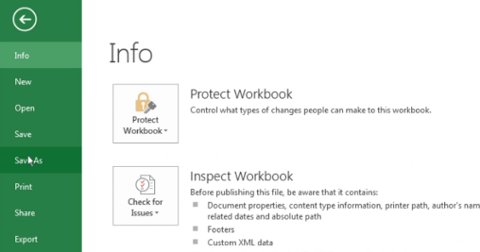“I have nothing to say on that topic. We’re very glad with the product, very happy with the product that we’re putting in market. It makes sense on the devices like the Mac and the PC. We have a product that we think makes a lot of sense. We do have a way for people always to get to Office through the browser, which is very important. And we’ll see what we see in the future.”In late 2012, unnamed sources told The Verge that Office for iOS and Android would appear early in 2013. “Office Mobile will debut in the form of free apps that allow Android and iOS users to view Microsoft Office documents on the move,” the publication suggested at the time. “Like the existing SkyDrive and OneNote apps, Office Mobile will require a Microsoft account.” The ability to actually edit Word, PowerPoint and Excel documents will come only with a subscription to Office 365, Microsoft’s cloud-based productivity suite. There’s still time, of course, before Microsoft blows past that rumored “early 2013” deadline. And just because Ballmer obfuscates in an interview doesn’t mean that Office for iOS isn’t in development. But if Microsoft was going to roll something like that out, it could have made quite a splash—and perhaps jogged early sales—by pairing it with the high-profile launch of Office 365 Home Premium and Office 2013. Instead, the industry is left to wait and see. Image: Microsoft
Whatever Happened to Office for iOS?
When it rolled out Office 365 Home Premium earlier this week, Microsoft touted the cloud productivity suite’s many supposed advantages, including its support for up to five devices on a single license. Although hundreds of millions of people use Office, Microsoft CEO Steve Ballmer insisted in a Jan. 29 interview with Bloomberg that the software is nowhere near its market-saturation point. “That’s sort of the miracle of economic development, isn’t it?” he said, citing the rising number of information workers and students who could use the suite in coming years. Microsoft is betting heavily that those users will prefer their productivity software delivered via the cloud. Signing up for yearlong access to Office 365 is a cheaper proposition than buying the boxed version of Office 2013, and Microsoft’s made sure to tout the added benefits of a cloud subscription platform (such as the ability to sync personalized settings across multiple devices). In addition to squaring off against other cloud-productivity suites such as Google Docs, Office faces another challenge: more and more consumers and businesspeople are relying on tablets for their daily work, and many of those tablets are iPads. For quite some time, rumors of an Office for iOS have circulated throughout the blogosphere—but when Bloomberg asked about the prospect of Office on the iPad, Ballmer shot back:


